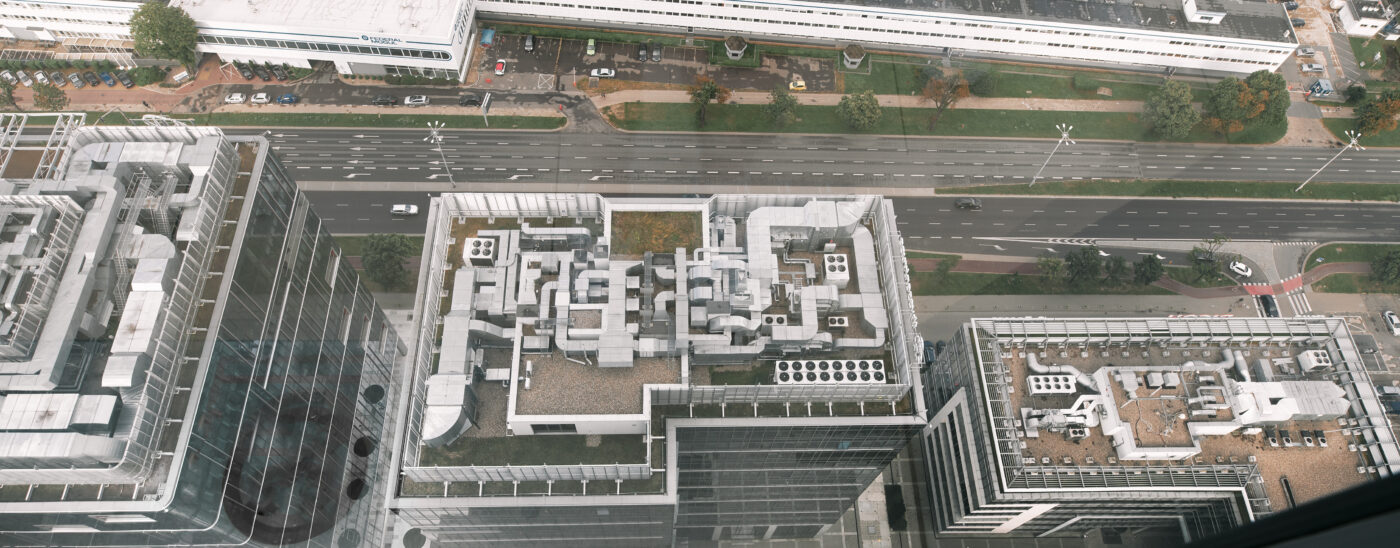Lower energy consumption thanks to daylight saving time
In a new study, Empa researchers have now analyzed whether the time change also has an impact on the heating and cooling energy required by office buildings and what role climate change plays in this.

This weekend it's that time again: the clocks will be set forward by one hour. With the start of daylight saving time, discussions break out - as they do every year - about whether or not the time change should be abolished - both in politics and in the wider society. Opponents argue that the time change brings negative health effects such as sleep disturbances. Proponents, on the other hand, often put forward the argument of saving electricity. After all, if it's light for an hour longer in the evening, less artificial light is needed. "That was the original intention behind the introduction of the time change. From our point of view, however, it makes sense to look not only at the impact on electricity savings in lighting, but on the overall energy consumption of a building," explains Sven Eggimann. Together with his colleague Massimo Fiorentini and other researchers from Empa's Urban Energy Systems Lab, he has therefore determined whether and how the time change affects heating and cooling energy consumption.
Home earlier saves energy
The basic hypothesis of the research team was that office workers are in the office one hour earlier in the summer due to the time change and thus also leave it earlier in the afternoon. Since most of the cooling power occurs later in the afternoon, this can save energy - assuming that when the office is empty, the cooling can be turned down or turned off altogether. In light of buildings becoming more intelligent, this would be relatively easy to accomplish in the future. To test the hypothesis, the researchers simulated the heating and cooling energy used with and without daylight saving time for different climatic regions based on data from various office buildings in 15 U.S. cities. They took into account not only the current climate, but also future climate scenarios up to 2050, in order to include the influence of climate change. This is crucial, because climate change has an enormous impact on a building's energy consumption. In another study, for example, Empa researchers found that in the future Switzerland could have the same demand for cooling energy as for heating energy due to climate change.
The results of the new study now paint a picture that should please summertime advocates. "Switching to daylight saving time can reduce the cooling energy of an office building by up to nearly six percent. At the same time, heating demand can increase by up to 4.4 percent due to the earlier start of work in the morning. However, since much more cooling energy is consumed than heating energy in summer, the time change has a positive overall effect on the energy balance of a building," summarizes Massimo Fiorentini. Across the different climate scenarios and climate zones, the energy saved varied - the maximum total energy saving was 3 percent - but it was effective everywhere. Although this result only relates to office buildings in the U.S., it also provides valuable insights for Switzerland, because the climatic conditions are comparable for several of the simulated climate zones.
Contribution to climate protection
"Our study shows that the time change can contribute to climate protection. In the discussion about abolishing daylight saving time, political decision-makers should therefore not only consider the electricity savings in artificial lighting, but also the impact on the energy balance of office buildings as a whole," says Eggimann. At the same time, the researchers emphasize that the time change is only one of many ways to influence the energy consumption of an office building. Improvements to the building stock, behavioral changes or a general adjustment of working hours can also contribute to energy savings and thus to CO2-reduction - regardless of whether the clocks have to be changed or not.
Source: Empa









